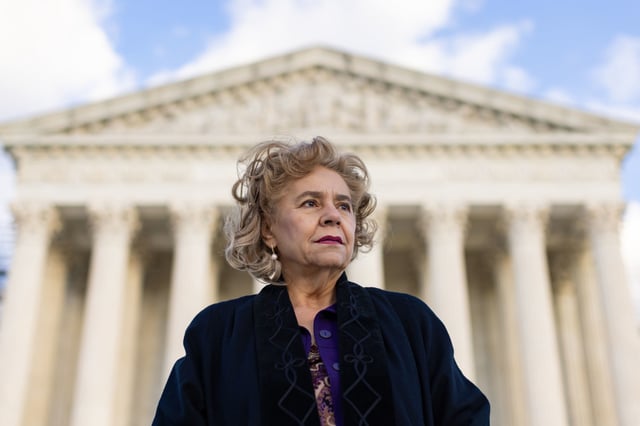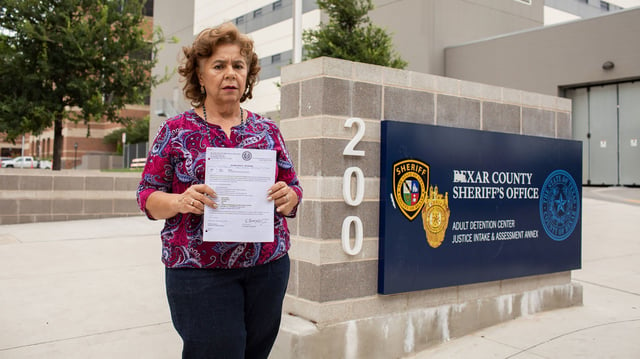Overview
- The Supreme Court heard arguments in a case involving Sylvia Gonzalez, a former Texas council member arrested for criticizing a city manager.
- Gonzalez sued Castle Hills and several officials, claiming her arrest was retaliation for exercising her First Amendment rights.
- The central legal question is whether retaliatory arrest claims are viable when officers have probable cause.
- In 2019, Gonzalez was charged with tampering with a government document, a charge later dropped.
- Justices expressed skepticism over the narrow interpretation of previous case law by the 5th Circuit Court of Appeals.



